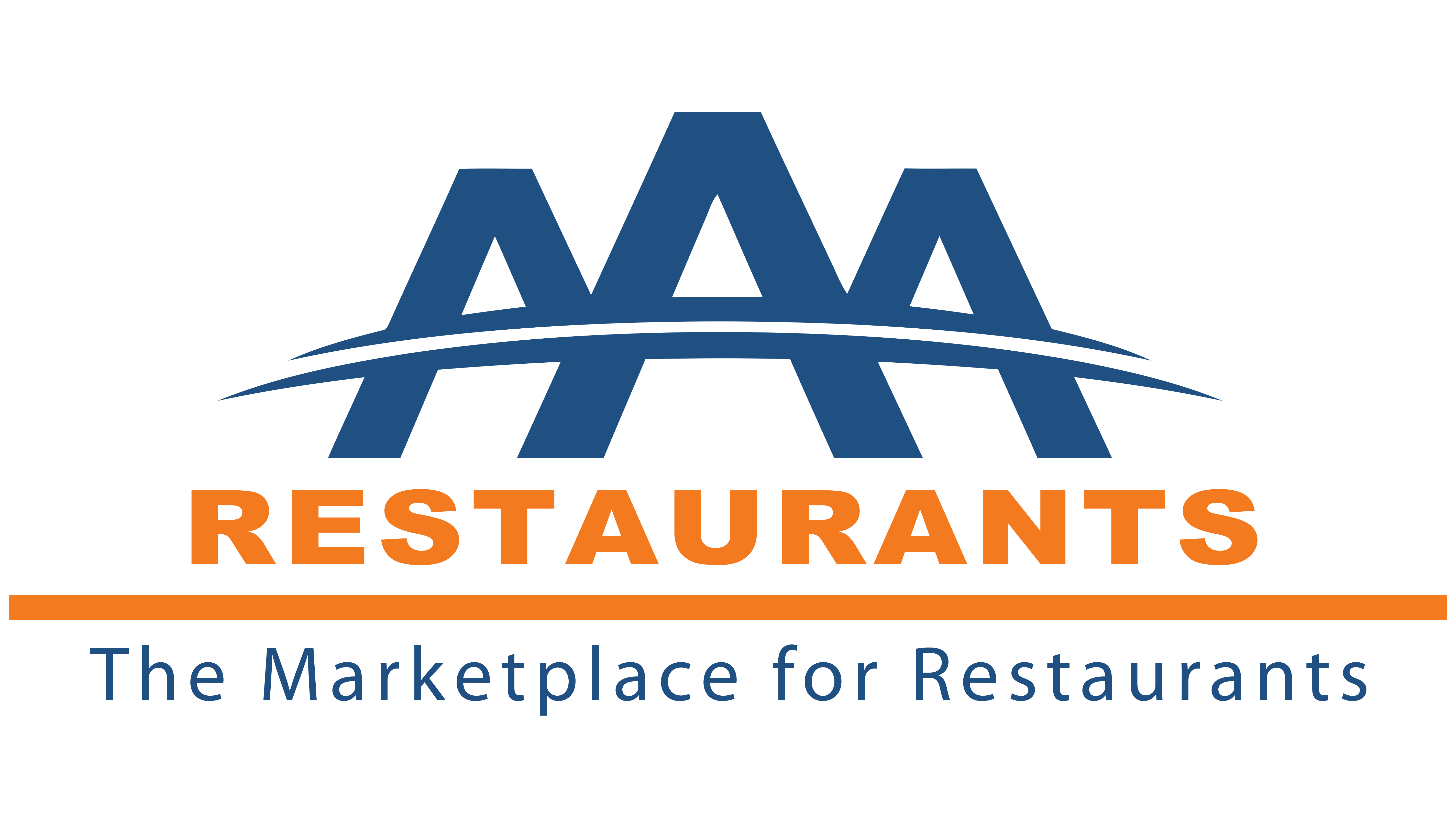
Running a successful restaurant requires careful planning, dedication, and a clear understanding of your objectives. Establishing well-defined restaurant goals is a crucial step in achieving long-term success in the highly competitive food industry. In this article, we will explore the optimal strategies for setting and pursuing your restaurant goals to ensure growth and profitability.
1. Define your Mission and Vision
Every restaurant should have a clear vision and mission statement that reflects its core values and purpose. Your vision should outline what you aim to achieve in the long run, while your mission statement should define your restaurant's purpose, target audience, and the unique experience you offer. These foundational elements will serve as the guiding principles for setting specific goals.
2. Set SMART Goals
To create effective restaurant goals, follow the SMART criteria:
Specific: Ensure your goals are well-defined and specific. Rather than setting a vague goal like "increase sales," specify the target, such as "increase monthly sales by 15%."
Measurable: Use concrete metrics to track progress. Establish key performance indicators (KPIs) that allow you to measure the success of your goals objectively.
Achievable: Goals should be challenging but attainable. Setting unrealistic targets can lead to frustration and demotivation. Consider your resources and constraints when setting goals.
Relevant: Goals should align with your restaurant's mission and vision. Ensure that each goal contributes to your overall business objectives.
Time-bound: Set a clear timeframe for achieving your goals. For example, "Increase customer satisfaction ratings by 10% within the next six months."
3. Prioritize Your Goals
It's essential to prioritize your restaurant goals to focus on the most critical areas for improvement. Prioritization ensures that you allocate your resources and efforts effectively. Identify which goals will have the most significant impact on your restaurant's success and tackle them first.
4. Collaborate with Your Team
Include your restaurant staff in the goal-setting process. Your team members can provide valuable insights and ideas on improving various aspects of your operation, such as service quality, menu offerings, or marketing strategies. Involving them in the goal-setting process can also boost morale and motivation.
5. Monitor Progress Regularly
Establish a system for tracking and monitoring your restaurant goals. Regularly review your progress against your set KPIs and make necessary adjustments. This will allow you to stay on track and make informed decisions based on real-time data.
6. Adapt and Evolve
The restaurant industry is dynamic and constantly changing. It's essential to be flexible and adaptable in response to market trends and customer preferences. If a particular goal becomes less relevant or achievable, don't hesitate to revise it or replace it with a more suitable objective.
7. Celebrate Achievements
Recognize and celebrate your restaurant's achievements when you reach your goals. Acknowledging the hard work of your team and the successful outcomes will boost morale and motivation. It will also help create a positive work environment, fostering a culture of continuous improvement.
Conclusion
Establishing restaurant goals is a fundamental step in achieving success and sustainability in the food industry. By following these optimal strategies, you can set clear and actionable objectives that align with your restaurant's mission and vision. Regular monitoring, collaboration with your team, and adaptability are key elements to ensure that your restaurant goals lead to long-term growth and profitability.
Source/s: https://www.webstaurantstore.com/article/374/restaurant-business-goals.html
The information provided on this website does not, and is not intended to, constitute legal advice. Please refer to our Terms of Use for more details.
